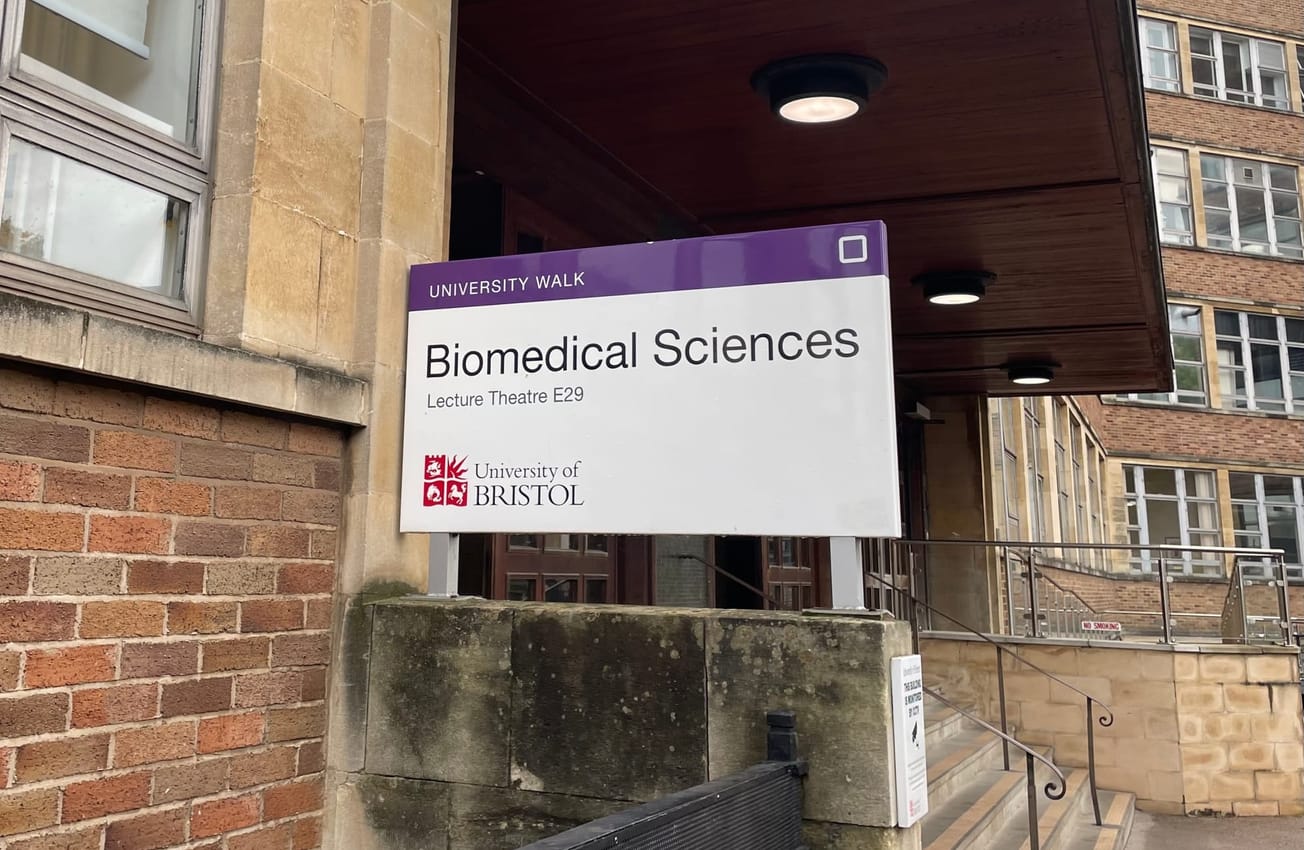By Zaina Odubeko, Third Year, Philosophy and Politics
How are we supposed to put our lives in the care of a healthcare system innately biased against us? ‘Decolonising Biomedical Sciences’ at the University of Bristol is working to create a system that everyone can rely on.
How Racism is Making Us Ill, reads the title of Layla Liverpool’s 2024 book on racial discrimination in medicine. Inspired by the stark racial disparities in COVID diagnoses and outcomes, Liverpool investigates how the healthcare system is fatally failing its minority ethnic patients. The current state of global healthcare has meant that BAME patients are putting their lives in the hands of a system that is not listening.
In Australia, Aboriginal and Torres Strait Islanders have a life expectancy seven to eight years less than other Australians. They are 2.7 times more likely to suffer from a fatal disease than non-indigenous Australians. Minority communities with lower socio-economic status are most affected. However, at times, this issue transcends social and class boundaries. Liverpool tells the story of world-renowned tennis player Serena Williams, who nearly died in childbirth. Liverpool echoes Williams’ remark, that ‘doctors aren’t listening to us.’ ‘Decolonising Biomedical Sciences Bristol’ (DBMS) aims to force people to listen at every level and role within healthcare.
Disparities are also embedded in the research that informs medical practitioners. For example, the existence of racial adjustment criteria contributes to misdiagnosis. Guidelines instruct practitioners to adjust blood test results depending on the race of the patient, meaning they are/are not indicative of different health issues. The physiological evidence to support these adjustments is unclear. A 2021 study in the US found issues with the application of racial adjustments to kidney test results. As a result, kidney disease is missed in black patients, who are over 3 times more likely to go into kidney failure and wait longer on average for a transplant than white patients. These unequal outcomes have been institutionalised by guidelines provided by major organisations, such as the Centre for Disease Control in the USA.
Expanding knowledge is key to medicine, yet when it comes to black and brown patients, outdated and unsubstantiated practices go unchallenged. DBMS takes crucial steps toward remedying clinical, research and epistemic injustices in medicine. This begins in the institutions that are producing the next generation of doctors, including the University of Bristol. DBMS is bringing a direct challenge to the university’s curriculum by placing marginalised stories and voices at the centre of the medical narratives.
Western medicine’s quest for dominance has not just produced racial inequality in its administration; it has committed acts of epistemic violence against diverse indigenous medicines.
Jazzy Charap, a third-year Biomedical Sciences student, and lead coordinator at DBMS told Epigram about her experiences with the current curriculum.
'The Biomedical Sciences curriculum is rich in scientific knowledge and innovation but lacks fundamental contextual understanding […] Decolonisation of healthcare, including how its research is conducted, is crucial to building trust, understanding, reliability of results, and effective change.'
Jazzy expressed frustration at the silences in the curriculum regarding major injustices, such as the exploitation of Henrietta Lacks in the production of the polio vaccine and the mistreatment of Cuban women in contraceptive trials in the 1950s. These groundbreaking studies have founded our modern understanding and practice of medicine. At the University of Bristol, which has deep colonial roots, Jazzy emphasised the particular urgency of decolonising our curricula.
On the 9th of October, DBMS hosted a launch event with an evening of talks and activities. Four academic speakers discussed the legacy of colonialism and inequality on global health. Dr Jo Hartland and Dr Nazanin Rassa explored the practice of state necro-politics toward queer men in the late 20th century and through the environmental exploitation of powerless communities. Professor Helen Lambert discussed the provision of antibiotics through the lens of exploitation, culture, and poverty. Dr Nilu Ahmed explained the psychological impacts and importance of decolonising work. Discussions such as this are crucial, they give a voice to stories that are silenced and provide the grounds for meaningful change.
DBMS’ work goes beyond this to include indigenous practices that have been persecuted and marginalised. Western medicine’s quest for dominance has not just produced racial inequality in its administration; it has committed acts of epistemic violence against diverse indigenous medicines. Centuries-old practices have been discredited and discriminated against, and community knowledge has been lost. In places which do embrace traditional healing, healthcare provision has improved.
DBMS shines a light on these practices and overlooked medical innovation worldwide. At the launch event, this was visualised on an interactive map of ‘Scientists across continents’, which focused on medical discovery from a non-Western perspective. The group hope to show that healthcare benefits immensely from platforming diversity and supporting innovation outside of the West.
Following the launch, DBMS is running sessions at the University to ‘decolonise’ specific areas of global medicine, such as sexual health, pharmaceuticals, and medical history. The sessions will take place between February and May 2025. Decolonising spaces should be honest, incisive, and, at times, difficult. However, feeling listened to and comfortable to speak without judgment is equally important.
Students left in limbo: Accessing a GP through the University of Bristol
'It can be difficult to understand exactly what your professors are looking for': Managing academic pressure at university
DBMS aims to create an environment in which students feel secure contributing. Our decolonising goal is intimately connected to creativity. Students can feel comfortable expressing themselves in different ways by encouraging creative outputs, such as writing, painting, and filming. The team wish to emphasise that whatever students may take away from these workshops is personal and always valuable.
As students in higher education institutions, we are uniquely positioned to interrogate research and teaching and prevent the dissemination of harmful information. Challenging inequality within medicine begins exactly where we are.
Featured Image: Epigram / Jess Cohen
What steps can we take to make biomedical sciences more inclusive and representative of all cultures?









